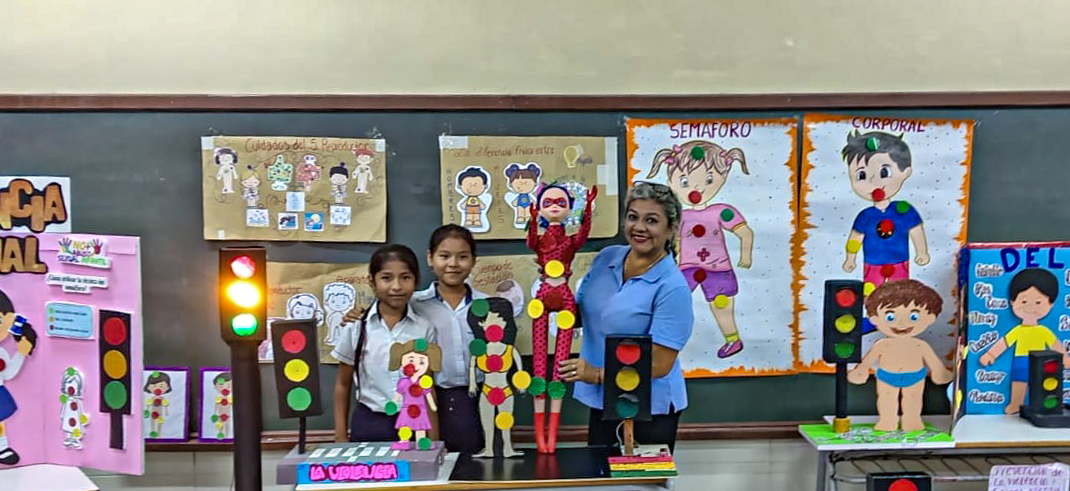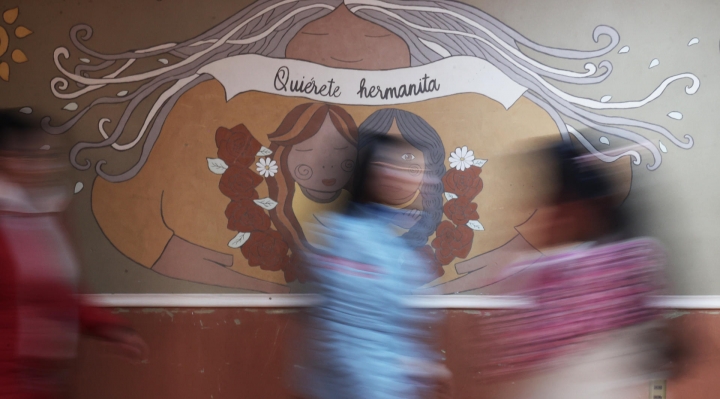A recent report by the Ombudsman’s Office revealed that since 2014, 487 marriages of girls and 4,804 teenage marriages were registered, all with the consent of the underage girls’ parents.
These figures alarm Ariel Ramírez, director of the Munasim Kullakita Foundation (“love yourself little sister” in Aymara), which works on the problems of human trafficking, pimping, child pornography and sexual exploitation.
“We have forced unions, rapes that become conciliations with the aggressor and lead to marriage, or cases of rape that become conciliation marriages. Behind these data we do not see the damages that are generated against the girls, nor do we see the future problems they will suffer,” Ramirez affirmed.
The legality of these marriages are based on Law 996 “Family Code”, dating back to 1988, and Law 603 “Code of Families and Family Process”, enacted in 2014.
The first rule states that a woman “may not marry before the age of 14”, but then indicates that “the judge may grant an age dispensation for serious and justified causes”.
The second states that exceptionally, marriage may be constituted “at 16 years of age, provided that there is written authorization from those exercising parental authority”.
“These registries date back approximately 10 years and the legal regulations at the time allowed these exceptions to perform these marriages with parental consent,” confirmed the national director of the Civic Registry Service (Sereci), David Davila.
Regarding the number of marriages registered in 10 years, Davila said that it is worrisome and that although marriages have been reduced in recent years, they still occur.
“Behind these issues of forced unions there is a total disengagement of the state. We have had two cases of girls who were sexually exploited by their husbands. One of them took his friends to his house,” said the director of the Munasim Kullakita Foundation.
According to Ramírez, short- or long-term consequences include abandonment by the husband when the adolescent is pregnant or estrangement from family members after marriage, which leaves minors more vulnerable.
Testimonials
“I had to get together, I had no other option, my family left me,” stated a teenage girl interviewed by the Defensoría, when asked why she married.
“It was evidenced that many, when forced to marry, left their family environment to live with their husband’s family, which implies situations of physical, psychological or sexual violence,” concluded the Ombudsman’s Office in its report called “Interrupted Dreams.”
“My father forced me” or “they forced me to get married” reflect the lack of consent that existed in these marriages, “forcing a girl or adolescent to assume the role of wife at a young age and for which they are not physically, psychologically or sexually prepared,” the institution said.
Sereci reported that among the cases they received was that of a 15-year-old girl whose parents took her to a notary’s office to get her to marry a 78-year-old neighbor.
“When the civil registry officer saw that age difference he asked the girl if she agreed and she said no, that her parents took her and then it was learned that the reason for the marriage was an economic issue, her parents had debts,” a source who preferred not to be identified. The marriage was not registered because the parents of the teenager were convinced to cancel it.
The highest number of marriages is in the east of the country.
According to the Sereci registry, the department of Santa Cruz has the highest number of marriages of girls and adolescents. This is followed by Cochabamba and in third place is La Paz.
Research by the Munasim Kullakita Foundation agrees that some parents lead their daughters to marry older men because the latter abused them and got them pregnant, or because of an economic arrangement.
Ramirez emphasized that given the lack of State protection, which translates into the absence of ombudspersons for children and sexual and reproductive education policies, measures must be taken at all levels of government to bring this problem to the public’s attention.















